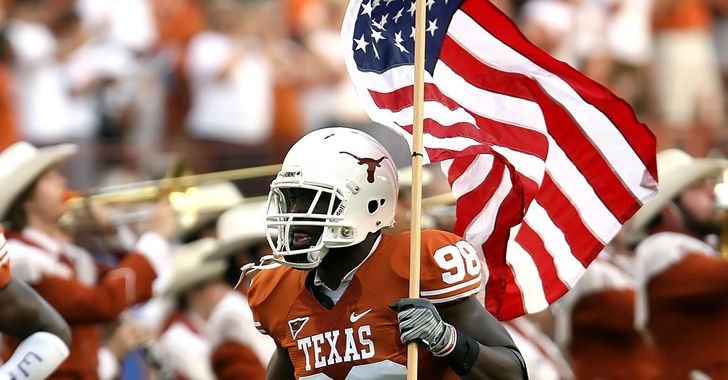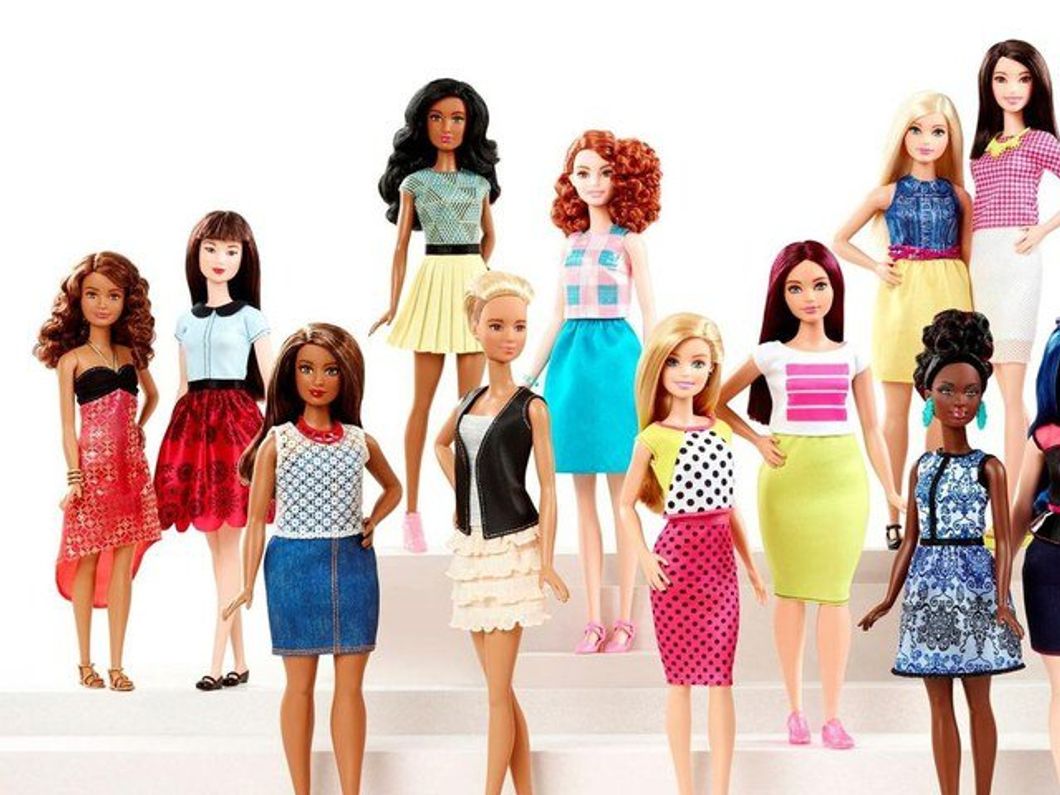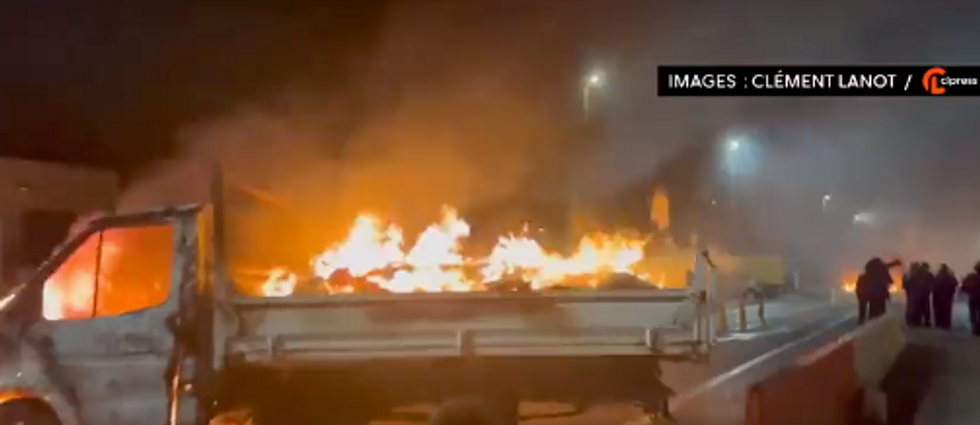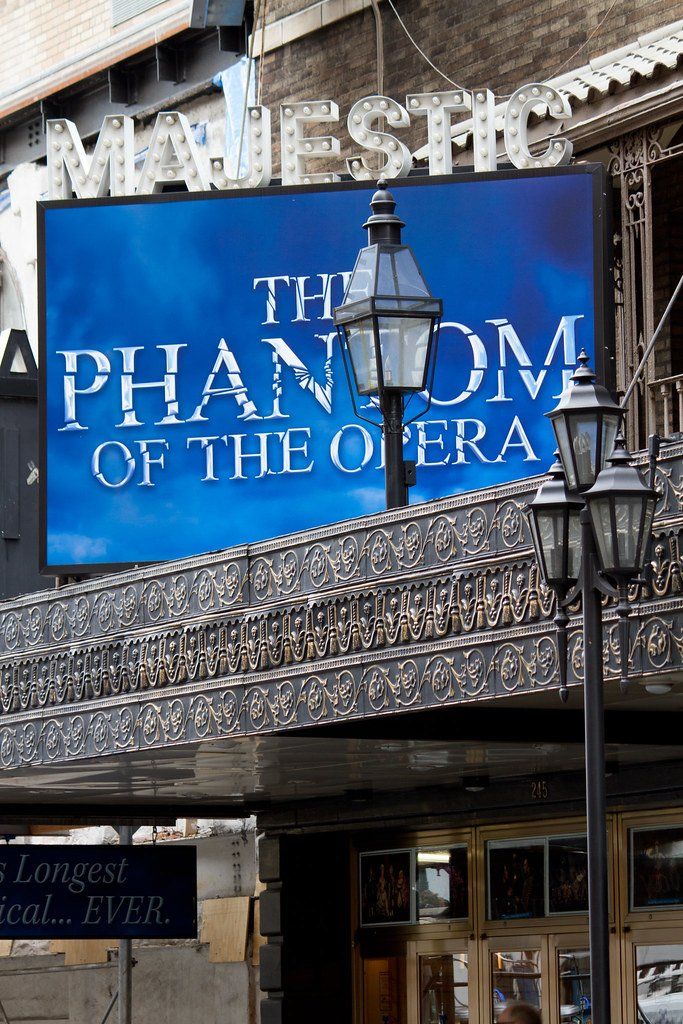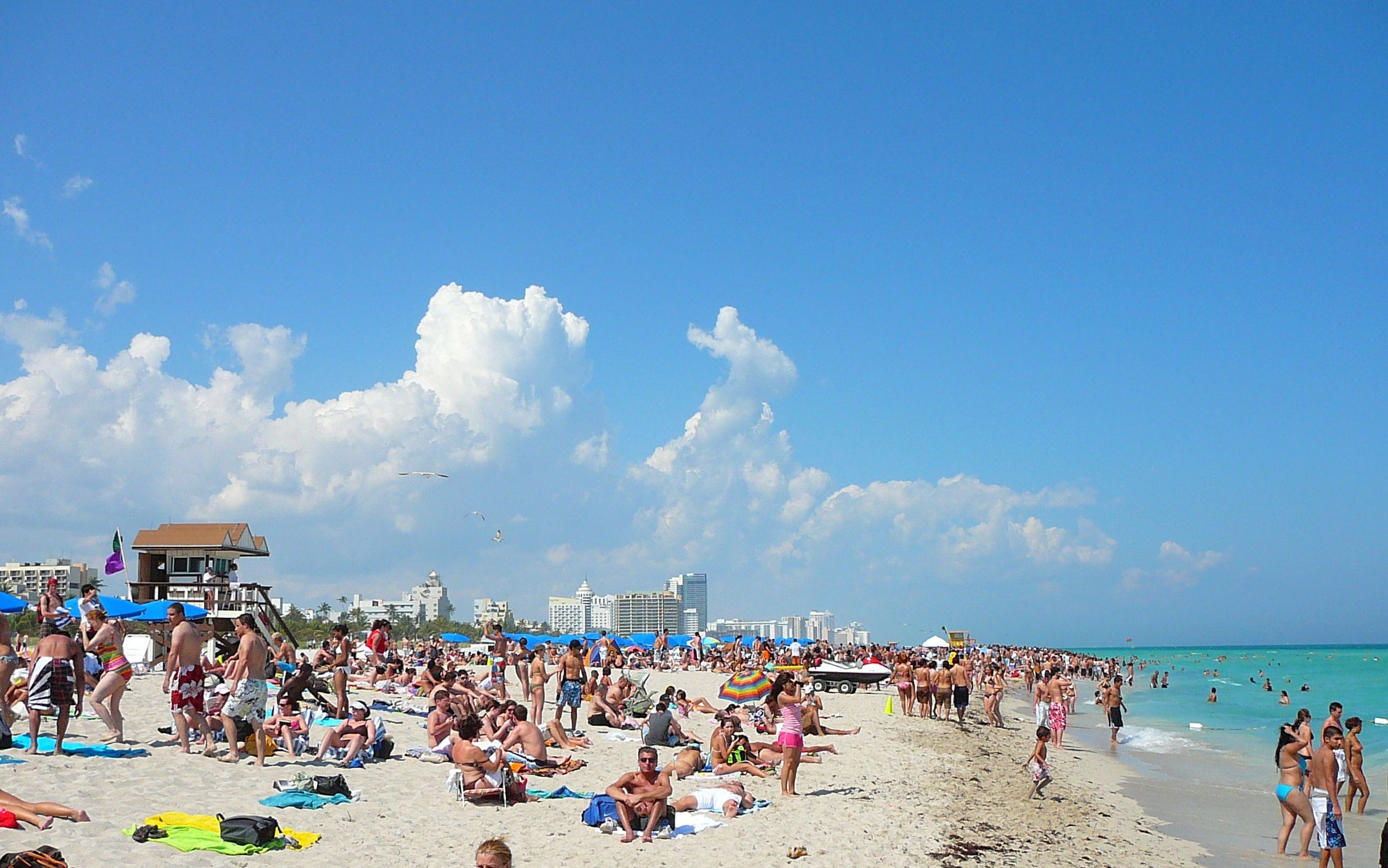President Trump recently tweeted about how, with mail-in voting, the general election in November will be "the most inaccurate and fraudulent election in history."
With Universal Mail-In Voting (not Absentee Voting, which is good), 2020 will be the most INACCURATE & FRAUDULENT E… https://t.co/VcSCg7IPwj— Donald J. Trump (@Donald J. Trump) 1596113169.0
According to the New York Times, Trump has been attacking mail-in voting for quite some time, on top of his attacks that Democrats "rig" elections dating back to his original presidential campaign in 2016.
The Times reported:
"Mr. Trump has made five dozen false claims about mail balloting since April, as officials in various states began contemplating the need for expanded use of the option amid the pandemic.
About a third of the president's falsehoods were general warnings about widespread fraud in mail-in voting. Another 11 were specific claims about held-up mail carriers, stolen and forged ballots and dead people voting."
There was a study done in 2007 around voter fraud which found very little evidence of it. As well, in 2012 another study was done around alleged election-fraud cases which found that though fraud has occurred, it is very small and essentially insignificant.
NPR reported:
"Over the past 20 years, they write, more than 250 million ballots have been cast by mail nationwide, while there have been just 143 criminal convictions for election fraud related to mail ballots. That averages out to about one case per state every six or seven years, or a fraud rate of 0.00006%."
And in a Pew Research Center poll, over 70 percent of Americans agree that we should vote by mail in the 2020 election.
While he has not explicitly stated this, there seems to be an agenda at play in Trump's peddling of conspiracy theories around voter fraud. With so much information that proves fraud is not something that can have a significant impact on an election, Trump's call to potentially delay the election until everyone can vote in person is questionable.
Delaying the election would leave Trump in office for longer than his allotted term and who knows when it will be safe to hold in-person elections as coronavirus continues to spread in the United States. To delay the election is to effectively dismantle a core component of our democracy, the smooth transition of power and leadership.
For a President who has already vocally said he will have "to see" about the election results and whether he will accept them in November, there is clearly more at play in his call to potentially delay the election than just a conspiracy theory about voter fraud.



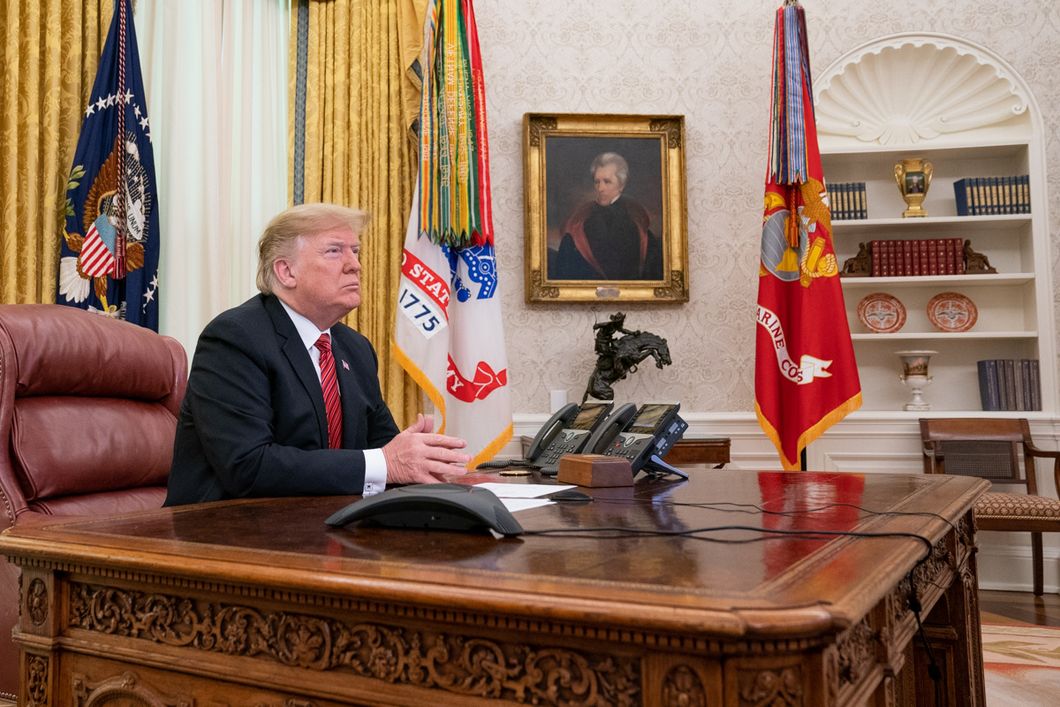



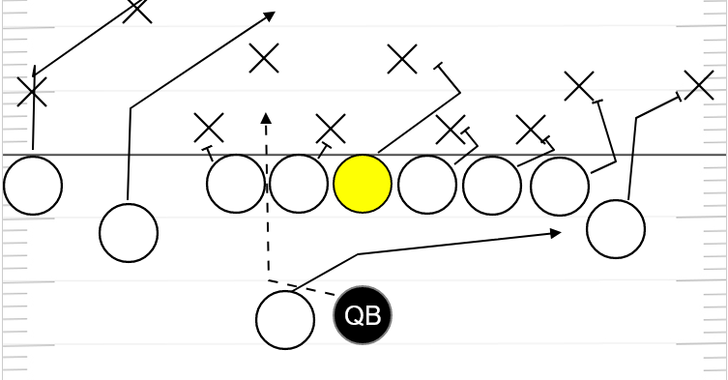

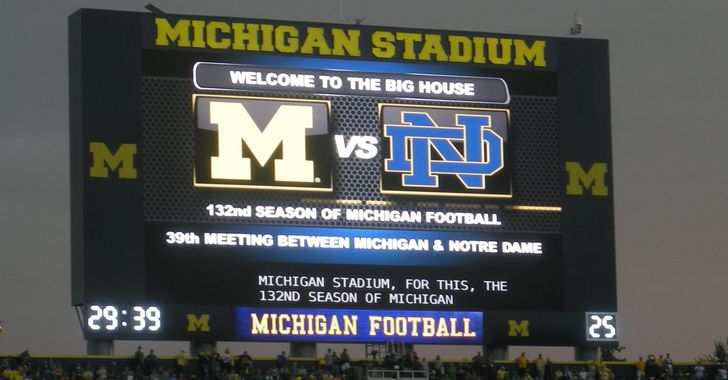
 Photo by
Photo by 